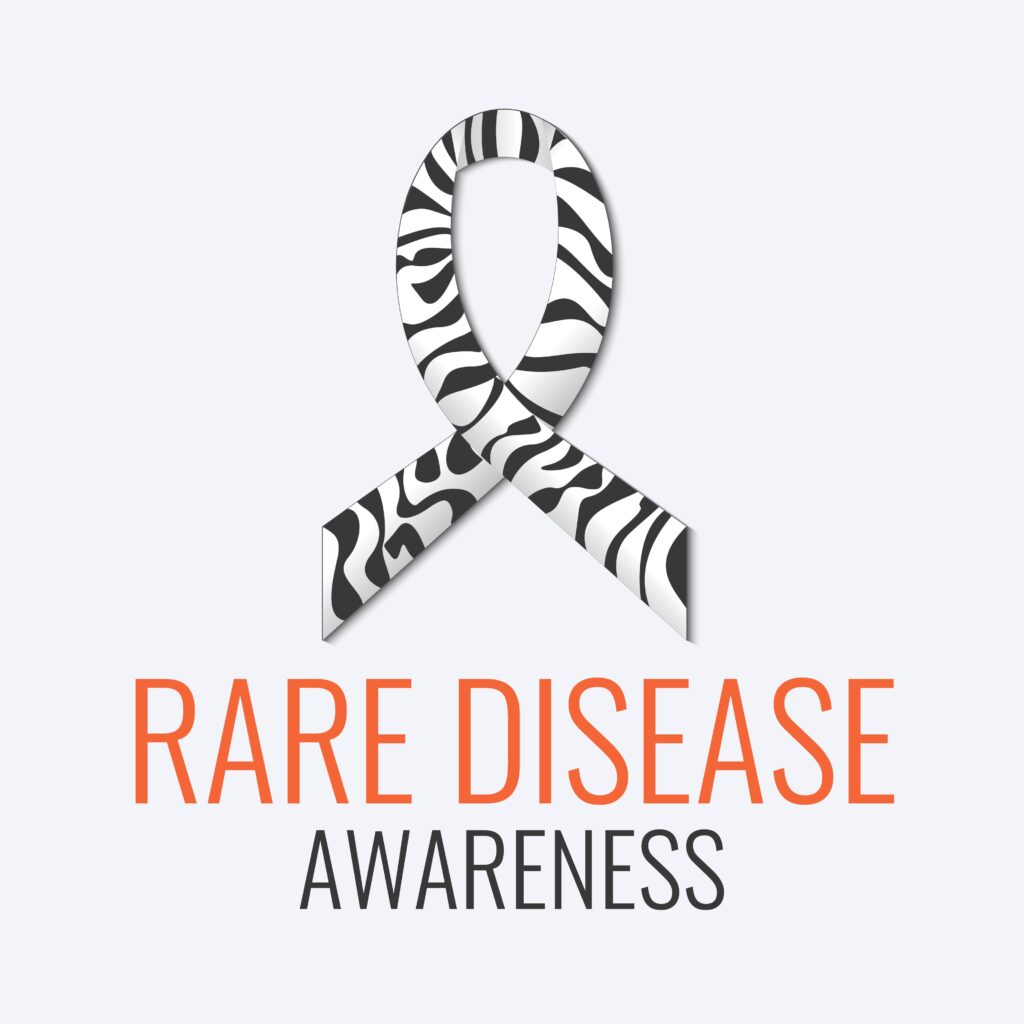An event taking place in Bengaluru has aimed to raise awareness for rare disease, a problem affecting a vast number of Indians, yet is almost entirely swept under the rug – both in the public discourse and the formulation of government policy.
 Rare diseases — despite the uncommonness that the name infers — cumulatively affect around 350 million people worldwide. This figure includes roughly seventy million individuals affected in India. This translates to an estimated one in twenty Indians who are affected by a condition which is classified under the term. Fifty percent of these cases are of children. Despite this considerable public health burden and the sheer number of individuals affected, the illnesses remain neglected, with insufficient funding for research and low public awareness.
Rare diseases — despite the uncommonness that the name infers — cumulatively affect around 350 million people worldwide. This figure includes roughly seventy million individuals affected in India. This translates to an estimated one in twenty Indians who are affected by a condition which is classified under the term. Fifty percent of these cases are of children. Despite this considerable public health burden and the sheer number of individuals affected, the illnesses remain neglected, with insufficient funding for research and low public awareness.
‘Race For 7’ is an initiative championed by the Organization for Rare Diseases India (ORDI). The race symbolically represents over 7,000 rare diseases with the aim to get around 7,000 people running for seven kilometers — the average number of years it takes to diagnose a rare disease. The event has taken place annually for several years now.
Support for the race appears to be consistent yearly. Roughly 150 children suffering from rare diseases took part in the race, with approximately 4,500 taking part in the run, which was flagged off by Tejasvi Surya, who represents Bangalore South as an MP in the Lok Sabha, Karnataka’s medical education minister Dr K. Sudhakar and actor Shwetha Prasad. In 2018, there were 1,500 attendees in Mumbai, and around 3,500 in Bengaluru.
“They may be called rare but we cannot afford to ignore the seventy million rare disease patients in India. We all need to unite to create a more inclusive society for the rare disease community. ‘Race For 7’ has my complete support as do all the patients and their families,” said Surya.
Raising awareness is necessary, though political action is vital to ensure health policy reflects the sheer number of individuals affected by the conditions. The recent National Policy for Rare Diseases 2020 Bill, for example, has been criticised thoroughly by advocacy groups arguing that – in many cases – the Bill offers no support to those affected by rare diseases at all.
While the Bill allocates a significant sum of Rs 15 lakh to the treatment of some rare diseases, not all are covered. In most cases, due to the nature of the diseases being uncommon and difficult or even all but impossible to treat, care is excruciatingly expensive to those affected — often leaving them facing poverty due to out-of-pocket payments. While Rs 15 lakh can help to alleviate this burden, it will not fund the entirety of the treatment regime in most cases.
Awareness is a necessity for these diseases, but adequate support from the government may be vital to many suffering from these numerous conditions.


Thank you for This article on Racefr7.
Rcefor 7 is in 20 cities this year and for PArticipating and registration please visit – http://www.racefor7.com
On 1st March – Mumbai, Chennai, Ahmedabad and Cochin